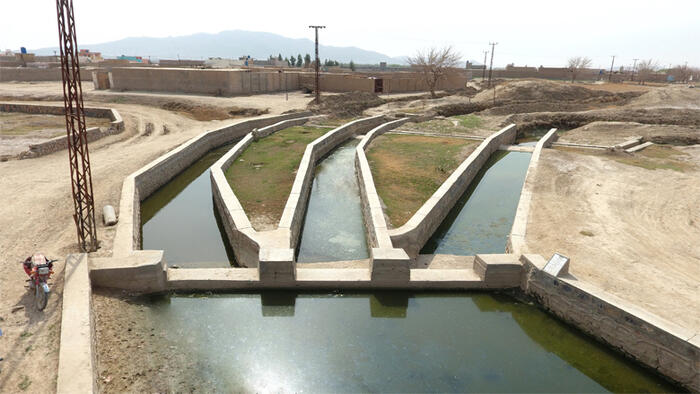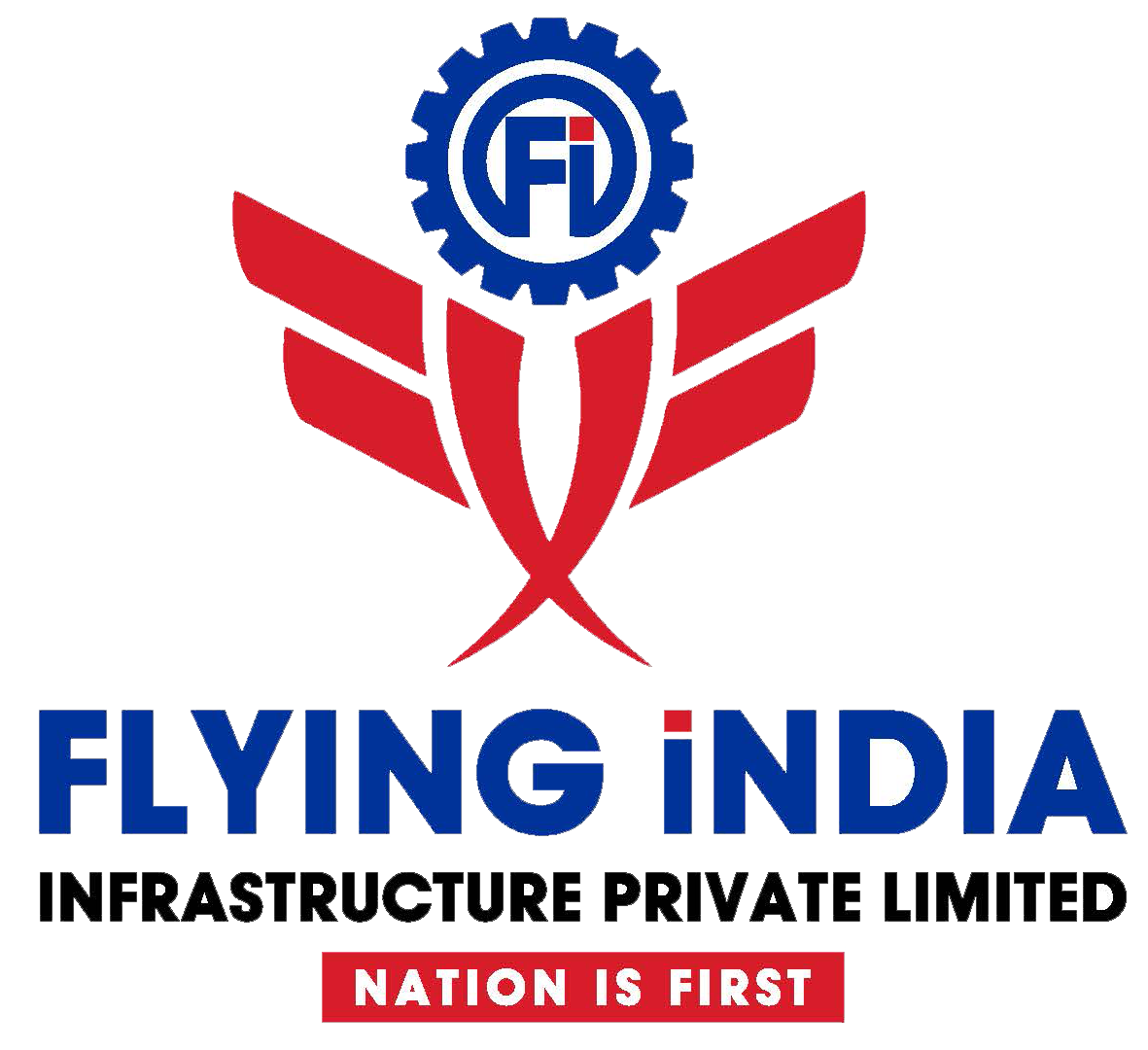
National Rural Drinking Water Programme
Planning and implementation of the National Rural Drinking Water Program sponsored by the Central Government has been started in Satara district from 01 April 2009. Government Decision No. Grapayo-1109/P.No. 104/Papu-07, dated 01 August 2009, revised guidelines have been issued as follows for the implementation of this programme.
From the financial year 2009-2010, the Central Government has converted the Enhanced Acceleration Rural Water Supply Program (ARWSP) into the National Rural Drinking Water Program (NRDWP). Under this programme, emphasis has been placed on source sustainability, water quality and water security at family level. Accordingly, the rural water supply program has been classified as follows.
1) National Rural Drinking Water Program (Coverage) – NRDWP (Coverage)
2) National Rural Drinking Water Program (Water Quality) – NRDWP (Water Quality)
3) National Rural Drinking Water Program (Source Sustainability) – NRDWP (Sustainability)
a) Government Decision no. Details of Revised Guidelines for Implementation of Rural Water Supply Program vide Grapadho-1109/P.No.104/Papu-07, dated 01 August 2009
1) Policy Principles and Priorities
2) Reviewing all existing drinking water sources and conserving and strengthening them.
3) To develop safe sources in quality affected villages
4) To plan for augmentation due to increase in population.
5) Considering least cost based option.
6) Decentralized measures rather than collective planning in Wadas/Habitats.
7) Providing 100% domestic tap connections.
8) Preparation of village action plan on the lines of Jalswarajya. Preparation of water balance.
9) To start the work of the scheme, the village must be cleared.
10) Preference will be given to villages which have been supplied with water by Tucker in three years.
b) Demand for the plan
1) To propose measures in order of priority suggested in para.
2) Providing complete information about drinking water system in the village along with the proposal (Government Decision Annexure ‘A’)
3) Submitting the said proposal along with village action plan.
4) Proposal with Gram Panchayat Resolution Hon. Submission to Chief Executive Officer.
5) Details whether water tax is recovered on actual cost basis for sanctioning the scheme.
6) The village should be at least 80% encroachment free at the time of proposal preparation and 100% encroachment free for grant.
7) Water Resources Management Plan.
C) Proposal Inspection
1) After receiving the demand, the Executive Engineer, Grapapu, Assistant Geologist and Group Development Officer should carry out technical inspection and site inspection and make a rough estimate.
2) After verifying whether the measures suggested by the Gram Panchayat are in accordance with the priority order, discuss with the local people about the least cost option and give feedback and based on this the technical inspection of the scheme should be done by the competent technical officer as per the estimated cost.
3) Keeping in view the priority of the scheme, the scheme costing less than 7.50 crores as per the technical inspection report of G.P. should approve in principle. The approval of the scheme costing more than 7.50 crores should be recommended to the Government.
4) Schemes approved in principle should be included in the District Action Plan.
d) Preparation of village action plan and giving technical and administrative approval to the plan
1) After in-principle approval of village/wadi remedial plan and inclusion in action plan Rs. The technical officers of the Zilla Parishad should prepare the plans, plans and budgets for the projects costing less than 7.50 crores.
2) The action plan approved by the gram sabha should clearly mention in the resolution regarding levy of water levy.
3) After receiving the resolution, the competent authority should give technical approval.
4) After that administrative approval should be given by Zilla Parishad up to 7.50 crore work.
5) Show all appendage parts separately.
6) No provision should be made for price hike.
e) Technical approval rights
1) Up to 2 Crores – Executive Engineer (Grapapu) Zilla Parishad
2) From 2.00 to 7.50 Crores – Superintending Engineer M.G.Prof.
3) Above 7.50 Crores – Chief Engineer, M.G.Pr.
f) Administrative approval authority
1) Upto 50 Lakhs – Gram Sabha
2) Upto 50 Lakhs to 7.50 Crores – District Water Management Committee, G.P. Satara.
3) Above 7.50 Crores – Water Supply and Sanitation Department Government of Maharashtra.
c) Implementation
1) Up to 2 crores Gram Panchayat / Village Water Supply Swachhta Samiti
2) 2 crores to 7.50 crores – Zilla Parishad
3) Above 7.50 crores Maharashtra Life Authority
4) After the completion of the scheme the implementation mechanism will run for at least 3 to 5 years related to The Gram Panchayat has to do the class.
5) Zilla Parishad will remain responsible for implementation of regional schemes up to 7.50 crores, but G.P. Such schemes may be handed over for maintenance and repair to the Joint Committee of the villages involved for management.
6) Zilla Parishad will need to pass a resolution if the schemes of 5 to 7.50 crores are to be implemented through Maharashtra Life Authority.
602 villages/wadis were covered under the National Rural Drinking Water Program in 2014-15. Out of which the schemes of 223 villages/villages have been implemented by the end of 31/03/2015. From the financial year 2009-2010, the central government has converted the Bharat Nirman program into the National Rural Drinking Water Program. From April 2012, the minimum water tariff of these schemes for annual private tap connection is Rs. 1500/- and normal water tap rate is Rs. 750/- is as follows. The actual rates of panipatti are to be decided by the Gram Panchayat or Zilla Parishad based on the cost incurred for running the scheme. The upper limit on the water strip has been canceled by the government
Note – Sub-engineer, Rural Water Supply Sub-division and Group Development Officer, Panchayat Samiti should be contacted to implement the scheme.
